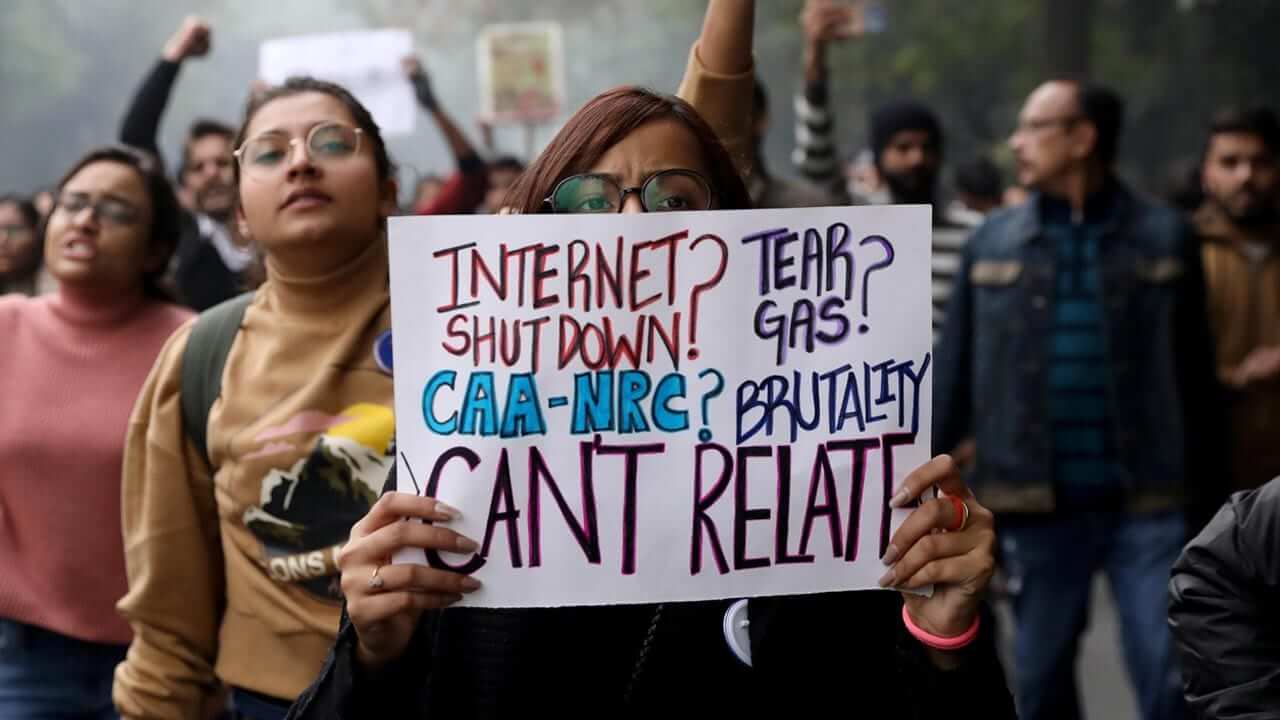On Tuesday, the Parliamentary Standing Committee on Information Technology, headed by opposition leader Shashi Tharoor, reported a lack of verifiable records by the central government on internet shutdowns across the country. The report will now be presented in Parliament during the winter session, which is set to begin on November 29.
The report said that both the Ministry of Home Affairs and the Department of Telecom do not maintain records on internet shutdowns. The Committee raised concern that the lack of information made it difficult to ensure the shutdowns’ compliance with the Supreme Court’s guidelines. Furthermore, disparities in the laws on the issue allow State governments to restrict internet access over vague interpretations of “public safety” and “public emergency,” paving the way for shutdowns to become a “routine policing and administrative tool.”
In particular, the Committee highlighted the example of Jammu and Kashmir, where internet shutdowns have been imposed indefinitely. It reported that the government had completely cracked down on communication channels on August 5, 2019 following the abrogation of the erstwhile state’s special status. Thereafter, it restored slow 2G internet services in March 2020. However, complete access to high-speed 4G services was only restored in February 2021. To avoid such incidents in the future, the Committee recommended the establishment of a “standard operating procedure.”
It also called for an in-depth study on the issue and its impact on the economy. Citing the Cellular Operators Association’s submissions, it said that each year, crackdowns on internet and telecom services have resulted in losses worth Rs. 25 million ($336,000) in each network circle that faces a shutdown. In addition, it also highlighted the adverse impact on trade, which is growing increasingly dependent on internet banking. In this regard, the report cited news reports that have determined that that the total impact of internet shutdowns on India in 2020 alone amounted to $2.8 billion.
Keeping this in mind, the Committee stressed on the importance of internet accessibility, which has now grown to become a critical part of citizens’ rights and freedoms, including the freedom of speech and the right to health and education. It said, “There is need to maintain a delicate balance between the citizen’s right to access the internet and the state’s duty to deal with a public emergency.” Consequently, it called for clear definitions of “safety and security” situations that could justify such shutdowns.
The Committee asserted: “Shutting down of Internet in this digital era is both anachronistic and acting as a bulwark against economic development and democratic rights of the people. The Committee desire that internet shutdowns should not be taken too frequently as matter of recourse since internet is indispensable to ordinary citizens in their daily lives, and vital for such matters as examination enrolment, tourism, and online enterprise.”
Several previous reports have also criticised India for its frequent internet shutdowns. For instance, in March, Access Now reported that India imposes the highest number of government-ordered internet shutdowns across the world. In fact, out of 155 shutdowns in 2020, 109 took place in India. The frequency and sheer number of internet shutdowns in India also contributed to United States-based research institution Freedom House’s decision to demote the country’s status from a “free” to a “partly free” democracy.
Also Read: India Requires a Drastic Reform of Its Laws on Internet Shutdowns

